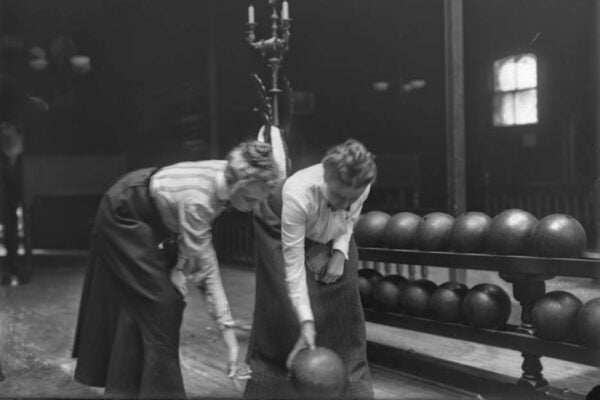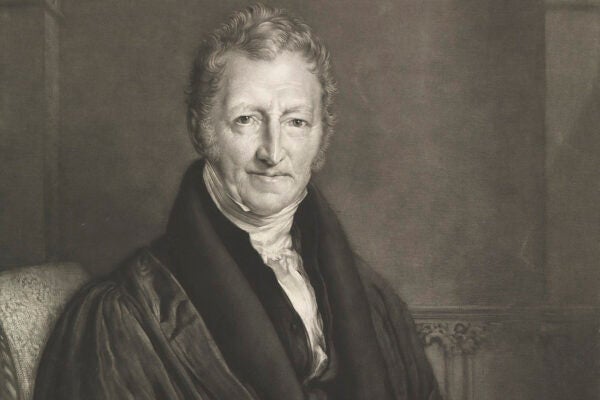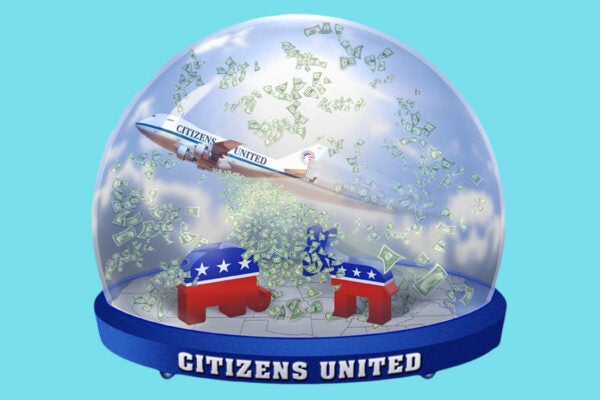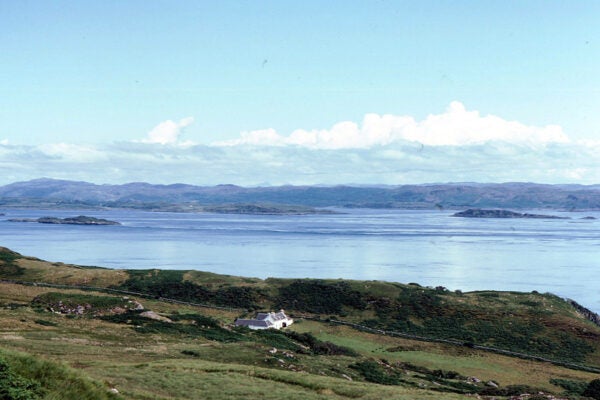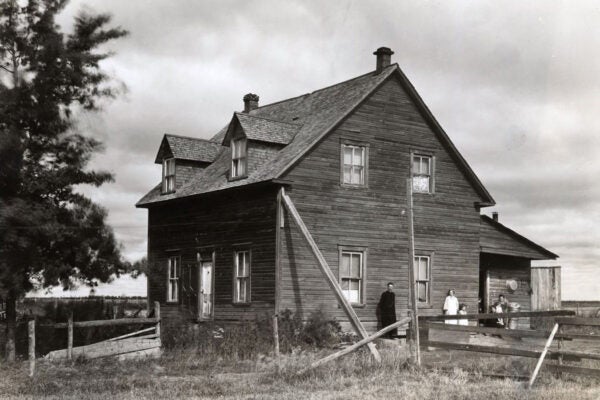The Bowling Alley: It’s a Woman’s World
Even when it was considered socially unacceptable, American women were knocking down pins on the local lanes.
Misunderstood Malthus
The English thinker whose name is synonymous with doom and gloom has lessons for today.
10 Villanelles by Modern and Contemporary Poets
Read these recursive, nineteen-line poems by Elizabeth Bishop, Paisley Rekdal, William Logan, Agha Shahid Ali, and more.
Is “Swatting” Rooted in a Prank Craze from the 1800s?
Why did Georgian-era England go mad for dangerous hoaxes, and what can that mania tell us about today’s volatile, content-hungry world?
“Lynch Law in America”: Annotated
Ida B. Wells-Barnett, whose January 1900 essay exposed the racist reasons given by mobs for their crimes, argued that lynch law was an American shame.
Citizens United v. Federal Election Commission: Annotated
The 2010 decision, enabling the rise of super PACS, made possible new and more covert mechanisms for funding election campaigns in the United States.
The Invention of the Marathon
The Hellenic inspiration for the 26.2-mile races which draw over a million runners yearly worldwide had nothing to do with sport—but everything to do with war.
Jura: George Orwell’s Scottish Hideaway
Discover the austere island retreat where Big Brother was born.
Quebec, Louis Hémon, and Maria Chapdelaine
Louis Hémon’s Maria Chapdelaine grew from his views as a French immigrant writer on the rural life of early twentieth-century Quebec.
The Sovereignty of the Latter-day Saints
Less about morality than about rights, the Mormon War of 1858 hinged on the issue of polygamy, pitting a Utah community against federal authorities.
